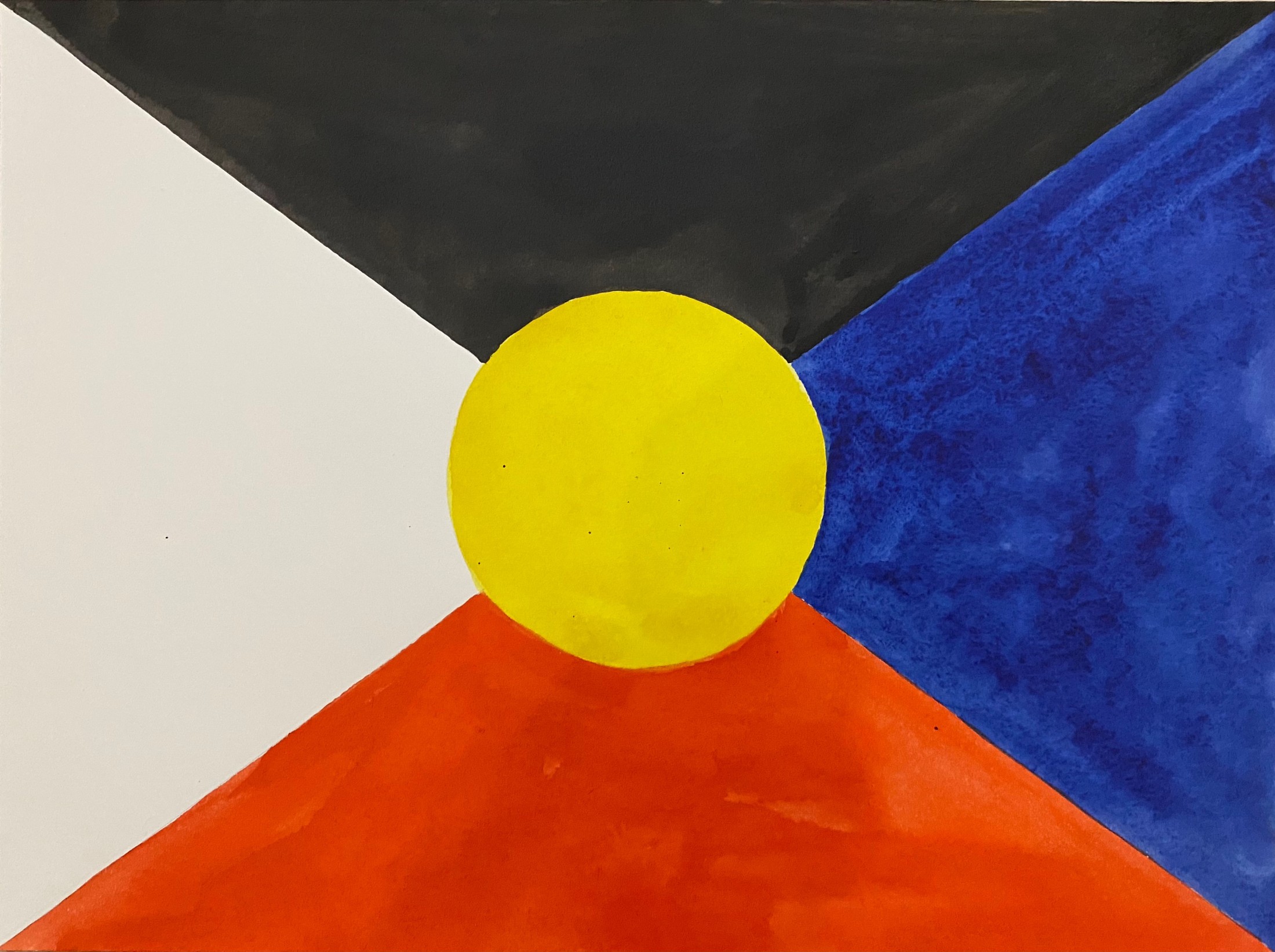Sara Sejin Chang (Sara van der Heide)
A Queer Asian Female Artist in Berlin. A Play
How can I learn from Korean shamanism and contribute to healing cosmological and ancestral connections and lines that have been violently interrupted through colonial and gendered processes of displacement? What forms of sacred ritual or painting can serve the diasporic body politic in Europe to facilitate the re-emergence of different ways of knowing and sensing the world, invoking different images and narratives?
How can we readdress the violence of racialisation and sexualisation that East Asian female bodies have been exposed to since early colonialism until today in Europe? Where do we find the roots of the lingering gendered, racialised, infantilising and hyper-sexualised images of Asian women and how can we undo these through film making?
Unearthing histories of erasure of ancestral ways of knowing, sensing and healing the world through a post-disciplinary artistic practice, raises these two interconnected artistic research questions. The work itself will reflect on the whiteness of contemporary art spaces in Brussels, Amsterdam and Berlin. A fictional character will be created that responds to the positionality of A Queer Asian Female Artist in Berlin. She will be operating in this exclusive ecosystem via staged scenes in galleries and museums. Over time, A Queer Asian Female Artist in Berlin will be followed up and scenes will be written and staged in these spaces. These white gallery spaces not only present themselves as venues of art exhibitions, but they are also metaphors for the coloniality that the European cities of the self-proclaimed Enlightenment they inhabit still breathe; they are metaphors for ‘modern’ societies along with their unspoken but tangible and visceral racist hierarchies. The clean white spaces remind us of clean white schools, the white curricula, the Eurocentric art history books and the white male and female teachers’ voices echoing and speaking through the white walls of the space.
As a schizophrenic patient, (who is not in fact the patient in this story, but who is the shamanistic healer, although she is told she is the patient and has come to believe as much), the personage of the ‘Queer Asian Female Artist in Berlin’ experiences seizures, visions, and eventually performs rituals. Through (fictional) and still to be created artworks and visions, rituals, ceremonies, several temporalities, ancestral healing is proposed and brings the audience into a precolonial and anti-capitalist ‘space’ where linear time is dissolved and ancestors and shamanistic rituals come into play. The project itself is a liminal portal and can be situated in Asia futurism, simultaneously taking place here in the white art gallery and there in its ever-expanding outside.
Since the late 1990s, Korean-Dutch artist Sara Sejin Chang (Sara van der Heide) (b. 1977, Busan) has created a rich body of work that traverses an array of formats and mediums, including film, text, immersive film and sound installations, performances, and painting. Chang combines spiritual evocations, historical research and the unraveling of colonial narratives to create works that act as historical repair, healing and belonging. Chang questions Eurocentric systems of categorisation, racialisation and their permeation of all areas of life in contemporary Western society. Her work can be seen as poetic and intimate gestures that centralise a meta-cosmic and inclusive approach to modernity, transforming the meaning of value and time. Sara Sejin Chang (Sara van der Heide) has recently performed/shown her work at the SPIELART theatre festival, Munich (2021), CASCO Art Institute, Utrecht (2021), M HKA, Antwerp (2021), the 11th Berlin Biennale (2020), Dhaka Art Summit (2020), Mu.ZEE, Ostend (2019), Contour Biennale 9, Mechelen (2019), among others. The German Library Pyongyang was published by Sternberg Press in 2017.



